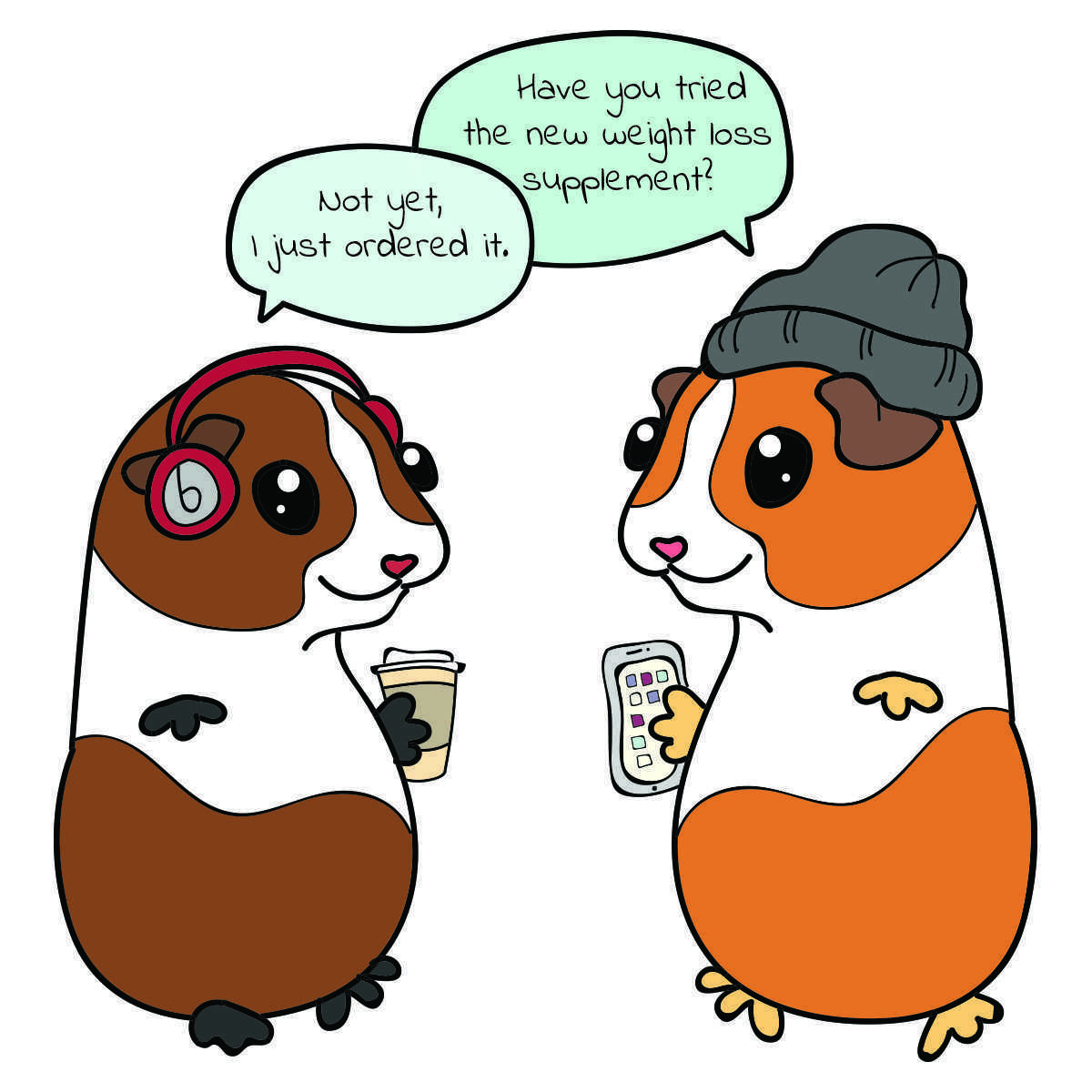Pew Research Center data shows 95 percent of American adults own a cellphone — 77 percent owning a smartphone — compared to 65 percent who owned an ordinary cellphone in 2004, before smartphones were invented. Let that sink in.
It’s unbelievable how quickly technology is evolving. We’re always looking for the easiest, most efficient way to do something, but it seems we’re not considering the long-term effects.
When I was in high school, I watched technology change society — schools went from using overhead projector carts to SMART Boards, and now high school and college students use pen and paper to take notes only if their laptops die in class.
Occasionally, my high school teachers would use SMART Boards to present notes and, if students were lucky, maybe once or twice a semester we’d get to use an iPad in class. However, my high school remained rather traditional — it was required we take handwritten notes in class. I preferred writing my notes, but many of my classmates were annoyed and questioned why we couldn’t be like other schools. They were always be reminded of the benefits of taking handwritten notes: students are subject to better learning, understanding and retaining notes when they are handwritten.
Forward to present day: my sister is a sophomore at my alma mater, and students are now required to have fancy thousand-dollar laptops to type their class notes. I was so disappointed when I discovered this. My high school fell into the trap of trying to keep up with society, while completely throwing out all former reservations of typing notes.
It’s like we don’t ever consider the long-term effect because we’re too busy trying to keep up with technology.
As much as I wish I wasn’t categorized in the group of people who are trying to keep up with society, I am. I want the latest gadgets, I love the convenience and efficiency of them — many of us do.
Sure, life is much easier because we can now text our friends we’re outside rather than ringing their doorbell, but are there some unknown cons of recent technology? I’m not trying to undermine the benefits of technology; hopefully it’ll help someone find a cure for cancer one day. However, there are so many question marks surrounding it.
When our parents were our age, they weren’t walking around a college campus with virtually three computers glued to them — an Apple Watch on their wrist, an iPhone in their left hand and a laptop in their right. We live our lives on precedent — we love to look at the previous generation to see what their lives were like and how they handled certain situations. We can’t do that with technology no one’s ever had.
For all we know, we may drop dead at 55 because of our cell phone usage. This could be considered an extreme, but we still don’t know. We can’t look at previous generations for answers or run tests because they didn’t have all of these current technological advancements. So, I guess we’ll keep on living our lives in our little tech bubbles and we’ll find out sooner or later the first-hand effects of our electronics.
The thought of not knowing may be scary, but we’re the guinea pigs for this new, advanced technological world. At least our children and future generations will be able to learn from us. Maybe in 25 years they’ll be back to ringing on each other’s doorbells or maybe they’ll be using their iPhone 32. Who knows?
Clarke Perkins is a 21-year-old political science junior from New Orleans, Louisiana.
Opinion: Millennials used as guinea pigs for technological advancement
March 16, 2017
Cartoon: Guinea pigs








